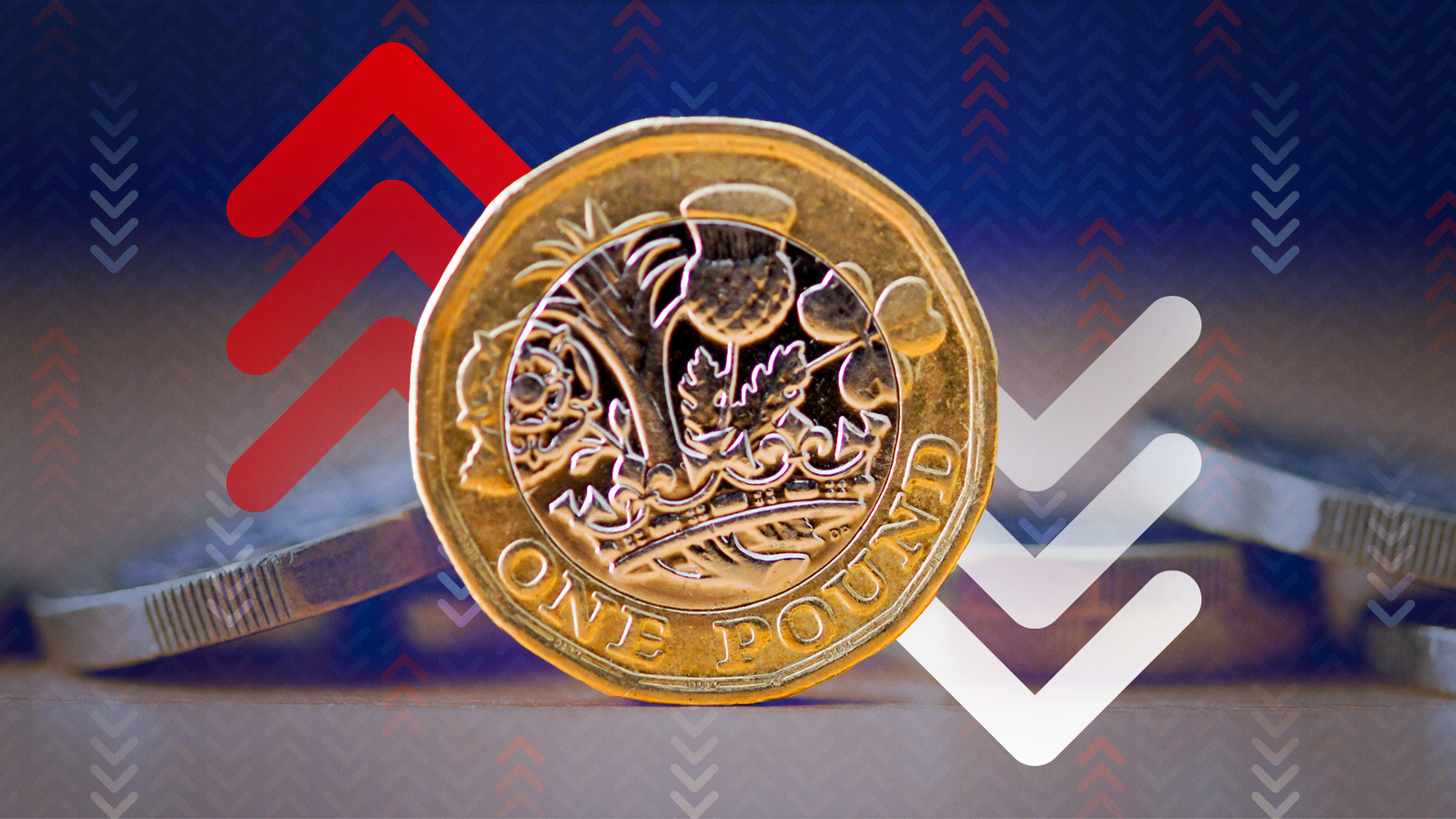UK inflation falls, but is still the highest across developed countries
Inflation is a problem that most of the developed world has been grappling with, however the UK has stood out in terms of severity. Data released on 16 Aug shows that UK inflation has slowed to 6.8% in July compared to the 7.9% in the previous month. Removing food and energy prices, core inflation rose at an unchanged annual rate of 6.9%, therefore we are likely to see the BoE maintain monetary policy tightening, with the next rate hike of 25 basis points scheduled for 21 September 2023. Below illustrates how the UK compares against the other main developed nations, excluding China who are currently facing deflation.

Source: Financial Times
The biggest reason why the UK is facing much higher inflation than we see in other regions is that they are suffering from a combination of the issues that each individual nation is struggling with. For example in the United States, analysts are pointing to the excess demand issue in a tight labour market which has pushed up wage growth, thus fuelling the inflation issue. Furthermore in the Eurozone area, we have seen a large energy supply shock from the Ukraine and Russia war which has fed into underlying inflation. Unfortunately, the UK is effectively suffering from both of these issues, excess demand in the labour market on top of a large energy supply shock.
Lower gas and electricity costs were the main drivers behind the sharp decline in headline UK inflation to 6.9%, however we still have a long way to go to meet Rishi Sunak’s promise of a 5.3% inflation rate by the fourth quarter of 2023. Services prices are seen by officials as the best indicator of underlying domestic inflation and this increased by 0.8% in July, fuelling expectations of a 15th consecutive increase in interest rates when the nine-member panel meets in September.
Author







